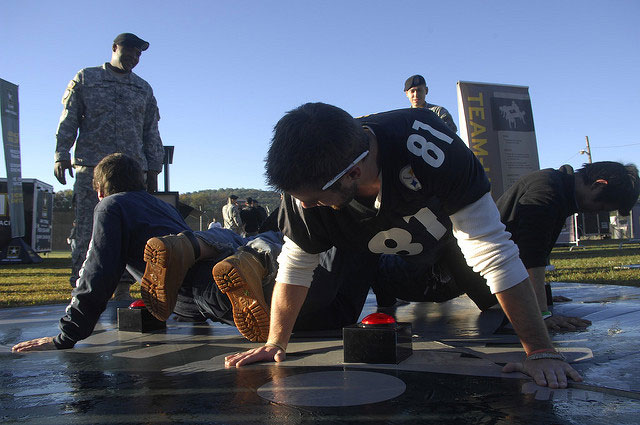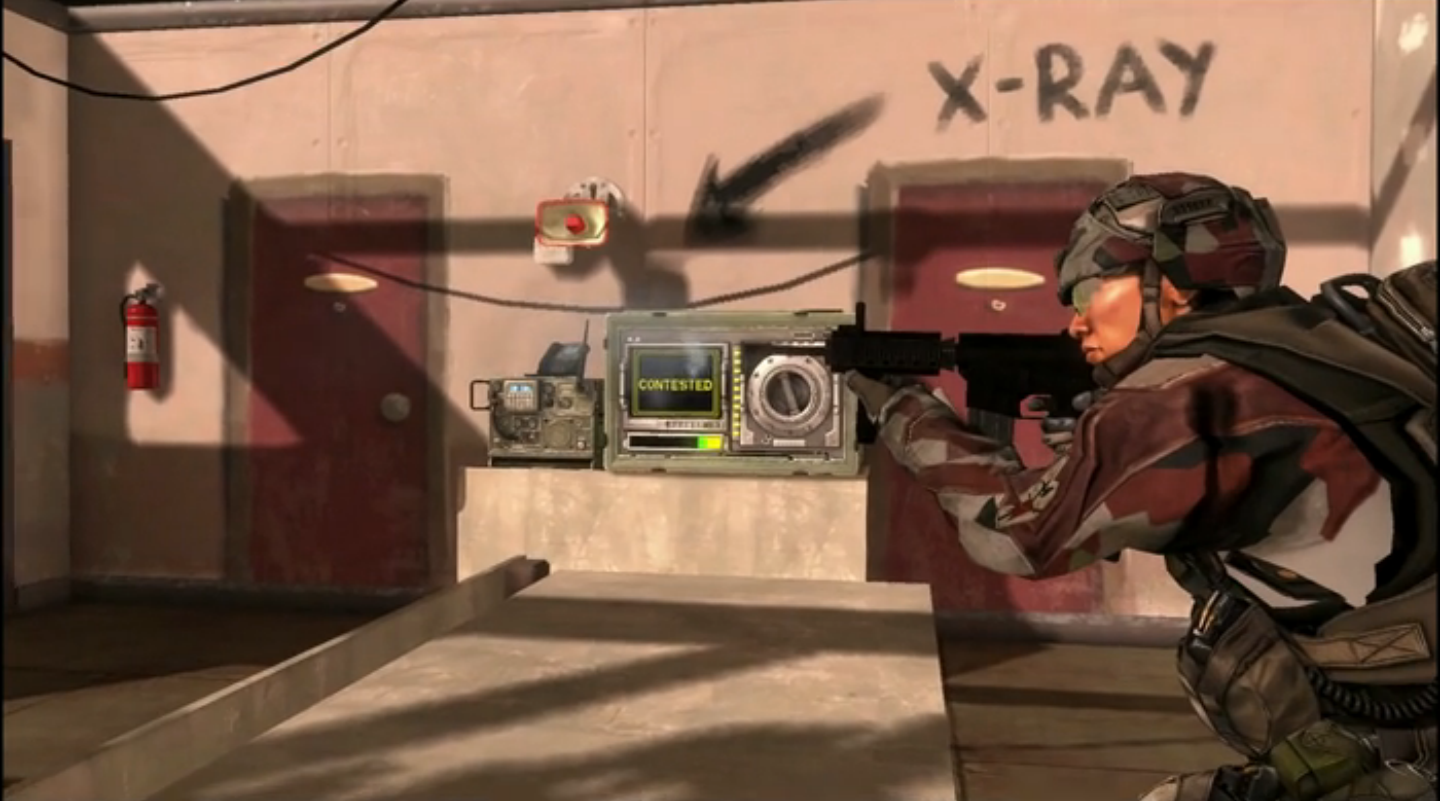Mark Karlin | Originally published in Truthout - February 19, 2017
 Military recruiting is the beast that feeds the US military empire that spans the globe. It is unacceptable that many US schools allow military recruiters extensive access to young people who will become fodder for the Pentagon's acts of war around the world, Pat Elder argues in this interview with Truthout.
Military recruiting is the beast that feeds the US military empire that spans the globe. It is unacceptable that many US schools allow military recruiters extensive access to young people who will become fodder for the Pentagon's acts of war around the world, Pat Elder argues in this interview with Truthout.
Mark Karlin: Is it safe to say that like the Roman Empire, the United States military is the power that futilely tries to secure the US as an empire in its waning days of hegemony?
Pat Elder: Our military, like Rome's, secures a dying empire while accelerating its demise.
The behemoth US military is a cancer on the national body politic. It has led to financial ruin while contributing to the destruction of our cherished constitutional separation of powers. We've become a violent people, addicted to war.
America is witnessing the "grave implications" of the "economic, political and even spiritual" influence of the military-industrial complex President Eisenhower warned us about. A single F-35 fighter jet costs more than the budget of a medium-sized city's school system and the US is building 2,500 of them while the schools crumble.
 Our military is a double-edged sword. One side of the blade is the unconscionable use of force to "protect" American investments. Major General Smedley Butler framed it so eloquently: "I spent 33 years and four months in active military service, and during that period I spent most of my time as a high-class muscle man for big business, for Wall Street and the bankers. In short, I was a racketeer, a gangster for capitalism."
Our military is a double-edged sword. One side of the blade is the unconscionable use of force to "protect" American investments. Major General Smedley Butler framed it so eloquently: "I spent 33 years and four months in active military service, and during that period I spent most of my time as a high-class muscle man for big business, for Wall Street and the bankers. In short, I was a racketeer, a gangster for capitalism."


 According to popular discourse, video games are either the divine instrument of education’s future or the software of Satan himself, provoking young men to carry out all-too-real rampages. Much like discussions surrounding the Internet, debates on video games carry the vague, scattershot chatter that says too much about the medium (e.g. do
According to popular discourse, video games are either the divine instrument of education’s future or the software of Satan himself, provoking young men to carry out all-too-real rampages. Much like discussions surrounding the Internet, debates on video games carry the vague, scattershot chatter that says too much about the medium (e.g. do  The country of Ghanzia is embroiled in a civil war. As a soldier in America’s Army, your job is to do everything from protect U.S. military convoys against AK-47-wielding attackers to sneak up on a mountain observatory where arms dealers are hiding out. It is a tough and dangerous tour of duty that requires dedication, focus, and a bit of luck. Fortunately, if you get hit by a bullet and bleed to death, you can reboot your computer and sign on under a new name.
The country of Ghanzia is embroiled in a civil war. As a soldier in America’s Army, your job is to do everything from protect U.S. military convoys against AK-47-wielding attackers to sneak up on a mountain observatory where arms dealers are hiding out. It is a tough and dangerous tour of duty that requires dedication, focus, and a bit of luck. Fortunately, if you get hit by a bullet and bleed to death, you can reboot your computer and sign on under a new name. "Back when we started, recruiters were just blatantly lying to the kids," said Susan Quinlan, the co-founder and volunteer coordinator of the peace and justice group,
"Back when we started, recruiters were just blatantly lying to the kids," said Susan Quinlan, the co-founder and volunteer coordinator of the peace and justice group,  Recent legislative efforts to extend draft registration to young women have raised an old conundrum for some feminists. Does pursuit of gender equality include support for universal conscription?
Recent legislative efforts to extend draft registration to young women have raised an old conundrum for some feminists. Does pursuit of gender equality include support for universal conscription?





